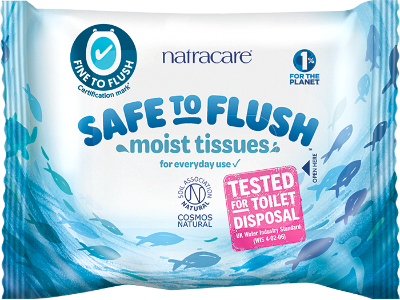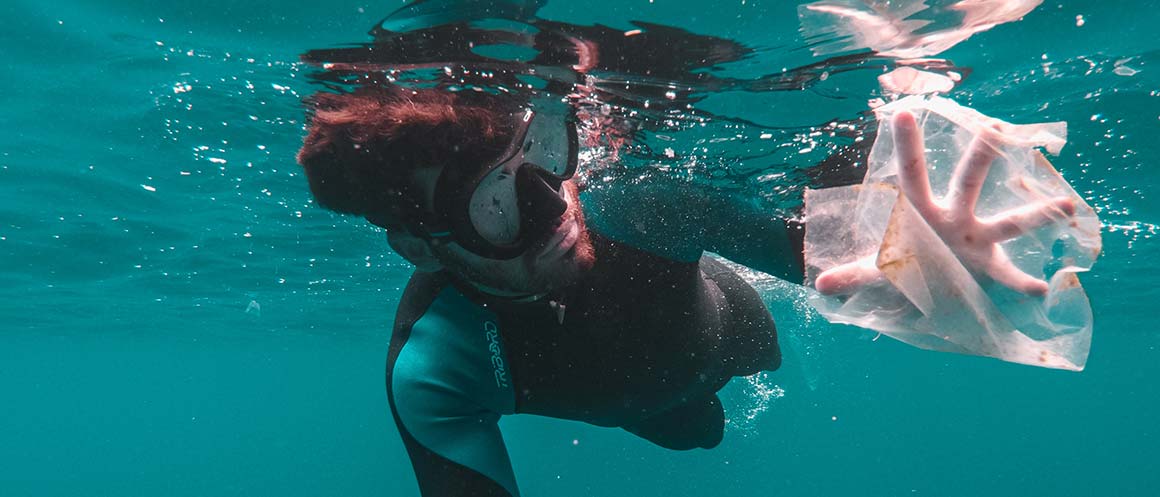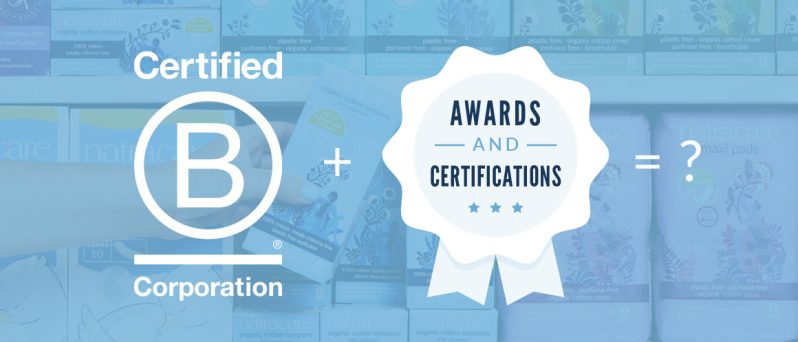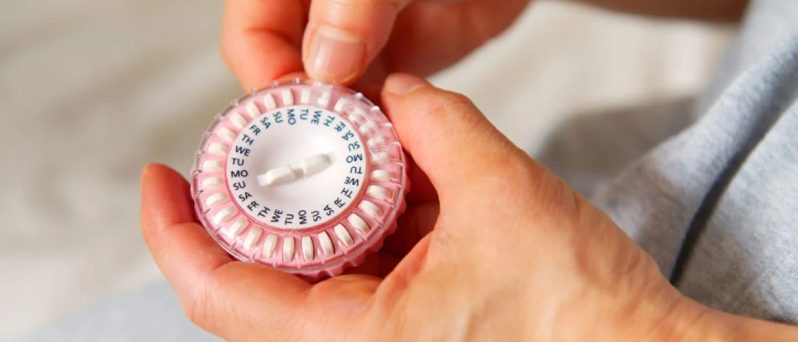Looking through supermarket shelves, you might notice that these days there’s pretty much a wipe for everything. From baby wipes to makeup wipes, toilet wipes to multi-purpose wipes – wet wipes are everywhere. But did you know that up to 90% of wipes contain plastic? And did you know that the wipes marketed as ‘flushable’ often aren’t as flushable as you’d expect, instead resulting in blockages and fatbergs?
Scottish Water is campaigning to ban wipes that contain plastic from being sold. Should wipes be wiped (👀) from shelves altogether? Here’s what we think:
Should plastic wipes be banned?
In short: yes.
We stand in agreement with Scottish Water that the sale of plastic wipes should be banned. We’re in a global climate crisis that isn’t going away, and wipes that contain plastics are contributing to the harm done to our planet. Plastic isn’t biodegradable, which means these wipes, or at least the plastic in them, will pollute the world forever. They may break down into microplastics, but these will still remain present in waterways and will be ingested by animals and humans. More transparency is also needed, as many brands don’t even disclose what material their wipes are made from.
What’s more, millions are spent each year on fixing blockages in pipes caused by the build-up of items that should never have been flushed. Scottish Water alone reports spending £7 million per year on unblocking, and it’s estimated there are 366,000 blockages in the UK every year. Many wipes are flushed by consumers after use and will not break down quickly after flushing. These, alongside other items like period products, cotton buds, and grease, build up in sewers over time to create fatbergs. These block our sewers and are time consuming and expensive to remove or break down.
At Natracare, we believe that all attempts to reduce unnecessary plastic waste should be made, especially from single-use items. This ban on plastic in wipes is not just needed, but long overdue. Our range of plastic free, compostable wipes are an example of how plastic in wipes is easy to avoid, and we think it’s time brands still producing plastic wipes were forced to change that.
Did somebody say plastic free?
From wipes to period products, Natracare products are all plastic free and biodegradable!
Find out more
Should false ‘flushable’ claims be banned?
Again: it’s a yes from us.
For years, wipe brands have been falsely labelling wipes as ‘flushable’ without independent testing and certifications to back up these claims. Wipes, in their very nature, are not flushable because they aren’t made from one of the three P’s: pee, paper, or poo. These are the only items that should ever be flushed down the toilet. Wipes made from anything other than paper and without independent certification are in fact not ‘flushable’. At Natracare, we believe that plastic wipes and wipes falsely claiming to be ‘flushable’ should both be banned.
Our Safe to Flush Moist Tissues are the first ever moist tissues to pass the industry standard for flushability WIS 4-02-06, ‘Fine to Flush’ by Water UK. They’re made entirely of paper and begin to break down in sewer pipes just 20 minutes after flushing. They will break down completely within 8 flushes (the average number of flushes per day in a household).
In the US, we’ve worked and lobbied with the National Stewardship Action Council (NSAC) to require stronger, and more accurate labeling laws for falsely labeled “flushable wipes.” In 2021, the Protecting Infrastructure and Promoting Environmental Stewardship (PIPES) Act passed in the state of California. We hope to keep this momentum going with new legislation being introduced in other states to require truth-in-labeling.
Natracare was a key partner in our work in 2021 to pass AB 818 (Bloom) in California which we call our “truth in labeling” bill for “flushable” wipes. The bill passed and is law resulting in companies having to change labeling to “Do Not Flush” and adding a moniker that indicates the wipes are not flushable. That bill is now introduced as a bi-partisan bill in congress as the WIPPES Act. Our partnership with Naturacare has led to big changes in law in California and as California goes, so goes the nation.
– Heidi Sanborn, Executive Director of the National Stewardship Action Council
Flush Responsibly
You should only ever flush the 3P’s: pee, paper, and poo! Luckily, our Safe to Flush Moist Tissues are made entirely of paper!

Make the switch today
Should all wipes be banned?
Actually, we don’t think so!
‘Wipes’ has become a bit of a dirty word in the wake of increasing plastic pollution, and we understand why when plastic and falsely labelled wipes can be found swimming in our oceans and washed up on our beaches. But wipes are everywhere for a reason, and we don’t think they’re going anywhere anytime soon. Many people rely on wipes on a daily basis. They help parents keep their babies clean, they’ve been used throughout the pandemic to help keep each other safe, elderly people and physically disabled people often use them to help clean themselves, the list goes on.
Wipes, while in some cases are problematic, are not inherently bad and at Natracare we don’t think they should be banned altogether. They actually play an important role in helping many of us lead safe, clean, and independent lives. Instead, we think the change needs to come from more regulation and brands making better products for people and planet.
Do good wipes and alternatives already exist?
Our thoughts? Yes, but not enough.
We’ve already mentioned that we offer a range of plastic free, compostable wipes, and even a truly flushable wipe alternative – the Moist Tissues. These are all available to buy now and are good alternatives because they won’t be polluting our planet for hundreds of years.
However, we think that to reduce the damage wipes are currently causing, plastic free wipes with clear and honest disposal advice need to be the norm. To do this, we want to see plastic wipes, and falsely labelled ‘flushable’ wipes legislated against. California has already made steps to achieving this through their “Do Not Flush” label requirements.
If you’re interested in making the switch to plastic free wipes, take a look at our Where to Buy page to find your nearest store!









